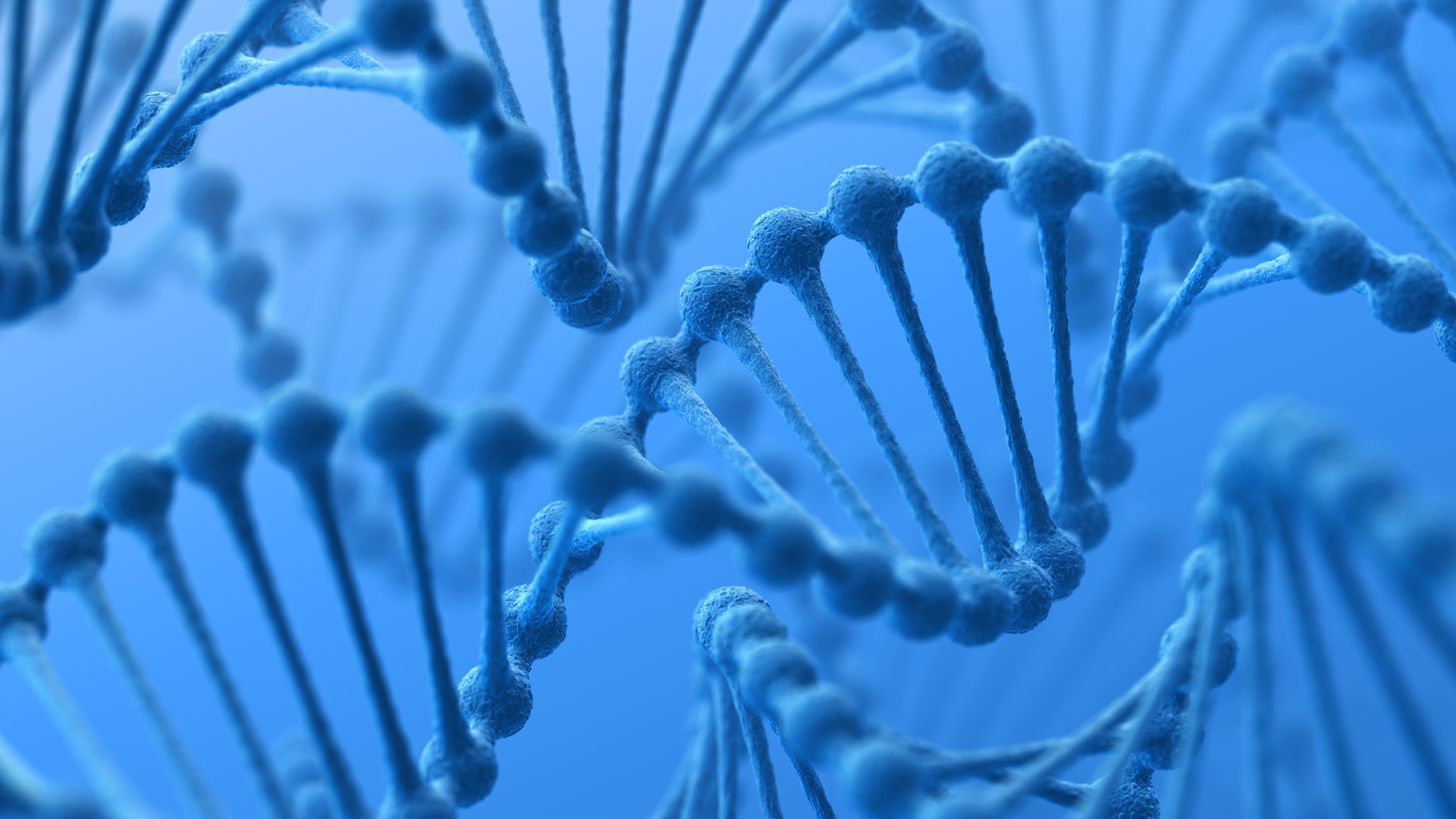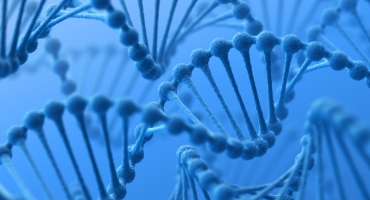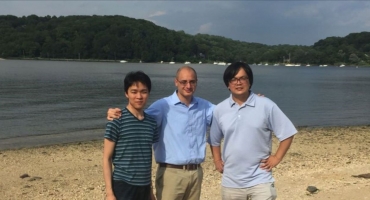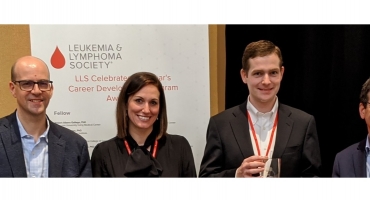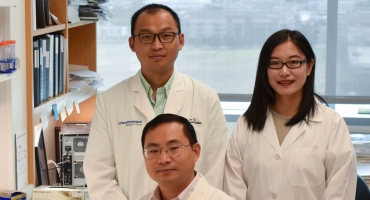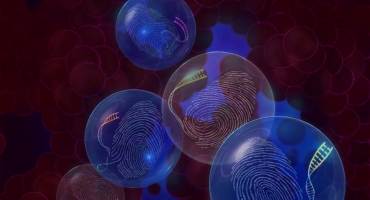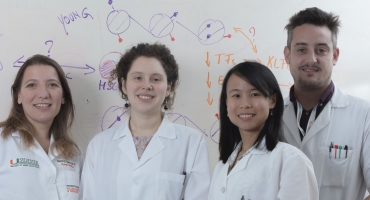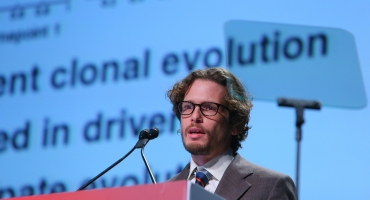Welcome to LLS Research Spotlight!
This is your connection to the latest in LLS Research. LLS-funded researchers are making strides toward new therapies and pathways to cures for blood cancers. We're highlighting some of these researchers with detailed summaries of their latest publications and success stories, designed to give you an idea of the latest happenings in blood cancer research.
The LLS Research Spotlight is brand new, but there's plenty more to come! Check back soon or follow us on Twitter @LLSResearch for updates.
